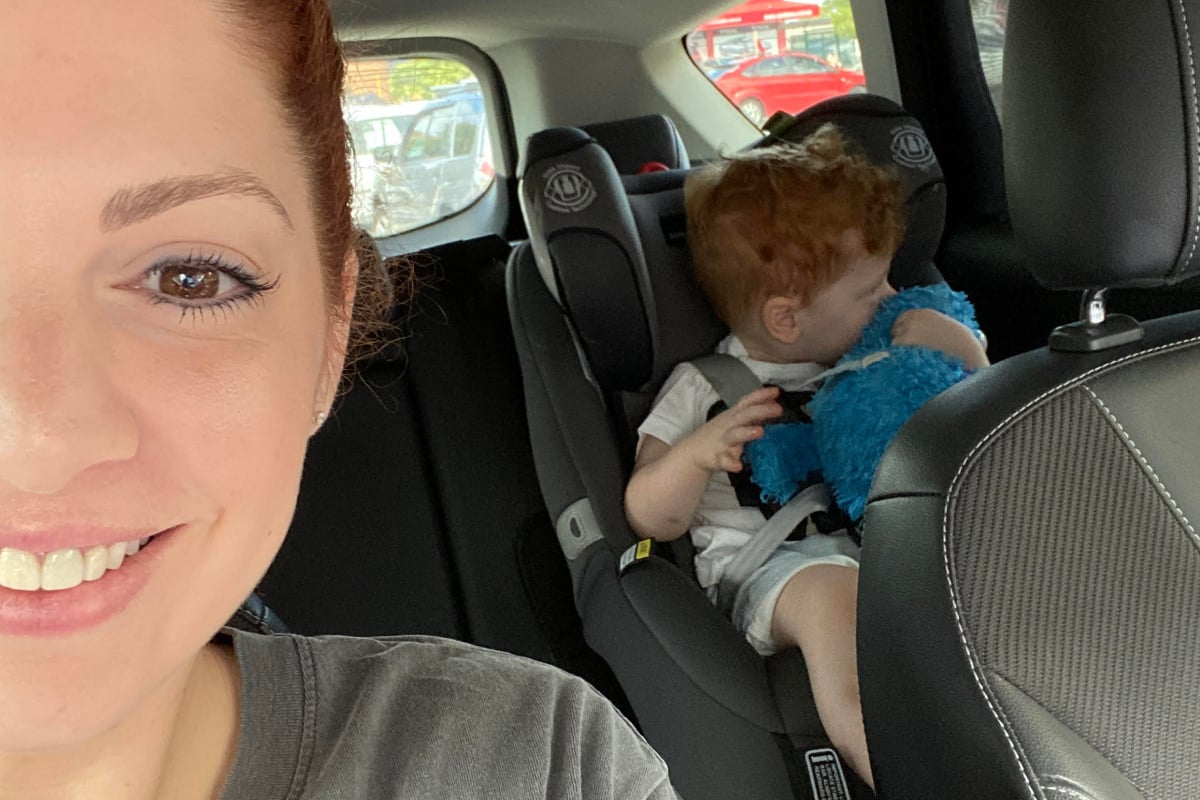
This post deals with depression, anxiety and suicide and might be triggering for some readers.
For most of my life I haven’t felt like I’ve had anyone that I could speak to or anyone who would understand me. I always felt like something wasn’t right with me – I was weird, too sensitive, didn’t belong.
I was unlovable. I didn’t know anyone else who felt this way, and in all the Disney movies I watched as a kid the princesses were always happy.
As time went on a new thought became a constant, this thought being that I didn’t deserve to be on this Earth. When I was 18, I was diagnosed with clinical depression, generalised anxiety disorder and mild OCD.
How to talk to someone with anxiety. Post continues below.
Fast forward to 2020, and I can thankfully say I have survived a suicide attempt, completed a double degree in psychology and counselling, founded my own charity, The Inner Ninja Foundation, started my masters in suicidology, and become a mother to my amazing son. Most of the time, I live a healthy happy life.

